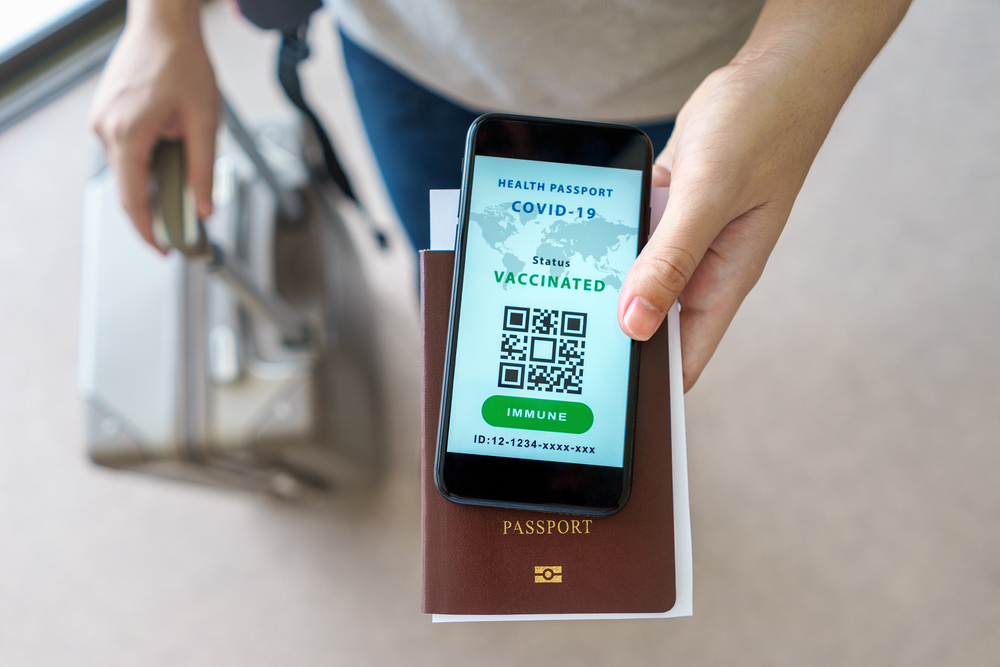As we enter the post-COVID-19 world, increasing amounts of important data will be shared between internal employees of organisations and external customers. This raises the urgency for good digital hygiene practices to be put in place, which include document security measures that can ensure the authenticity and integrity of data.
- 12 Jul 2021
Document security can be convenient
Document security is everyone’s responsibility: it requires the participation of both organisations and customers.
However, with more data to deal with, more breaches taking place and more measures needed to ensure document integrity, many people are getting frustrated with the inconveniences from increasingly complex document security processes. This leads to hesitation when it comes to document security.
Yet document security can actually be kept simple and convenient to incentivise more organisations and customers to practise it.
Convenience for organisations
Many employees manage high volumes of sensitive business information today, where document security steps are part of their day-to-day work. By making document security intuitive for them with tools that are easy to use, organisations can greatly increase the effectiveness of it.
For example, Phidélity’s anti-copy features are extremely user-friendly: with just a few clicks, employees can generate optical watermarks and deliberate errors on a document to protect it from unauthorised reproduction. In fact, Phidélity security features can be generated on demand using document-specific data.
Employees also do not need niche skills to look out for these marks when verifying a document’s authenticity. In addition, these anti-copy features can be generated on documents with commonly-available compatible printers and papers in the office – no special equipment needed!
Many organisations also want to implement multiple layers of security as seamlessly as possible. Phidélity’s document security features complement one another to improve defence. Apart from anti-copy tools, there are also anti-alteration and anti-leakage features. Organisations can choose what they need based on their security requirements, and then leave it to Phidélity to incorporate the multiple security features into one platform for employees’ ease of use.

Convenience for customers
In this data age, customers expect governments and businesses to protect their information well – data protection is now an important ingredient for organisations to build customer trust.
At the same time, research suggests that customers expect convenience just as much when transacting with governments and businesses. It can be surprising to discover that the case is quite extreme in Asia: 96% of customers surveyed by F5 say they would choose convenience and frictionless or seamless application user experiences over security.
Security and convenience are often at odds with each other, but it is not impossible to meet both needs – one strategy is to look into leveraging existing user behaviour.
For example, Phidélity taps into the ubiquitous use of mobile phones: customers download our Phidélity SecureCODE Verifier app with their smartphones and use it to scan the QR code on a document to check if it is a genuine item from the organisation. The QR code utilises PKI technology – a globally-recognised security standard – to cryptographically store data. For customers, this download, scan and check method is almost effortless.

Use case: Convenient cross-border document verification
Our SecureCODE feature works in diverse scenarios, including verifying various physical and digital travel documents, which will become a larger trend due to the ongoing pandemic. Border controls remain tight during this time, and many countries will want to see travellers’ proof of vaccination or negative test status before giving them permission to enter. These documents, like passports, have to be checked for authenticity.
Officers can carry out these checks quickly with the Phidélity SecureCODE Verifier app in their smartphones. The use of smartphones means that they are not stationary but can move around freely to wherever tasks are most urgent. Our app even enables document checks without an Internet connection.
With the Phidélity SecureCODE Verifier app, an officer scans the QR code on each travel document. The app then displays critical data for the officer to compare with the actual document to verify its authenticity. To further reduce human error at this comparison stage, the Accentuator feature in the app can display the critical data and detect matches in the actual document in real time as the officer does the scan.

Lessen the compromise between security and convenience
By helping organisations to balance security and convenience, we empower them to stay one step ahead in the post-pandemic world. Phidélity’s aim has always been to make document security accessible, mobile and flexible for all. We believe in removing users’ pain points: when document security is implemented correctly, users are happy and vulnerability is reduced – a win-win situation indeed.

